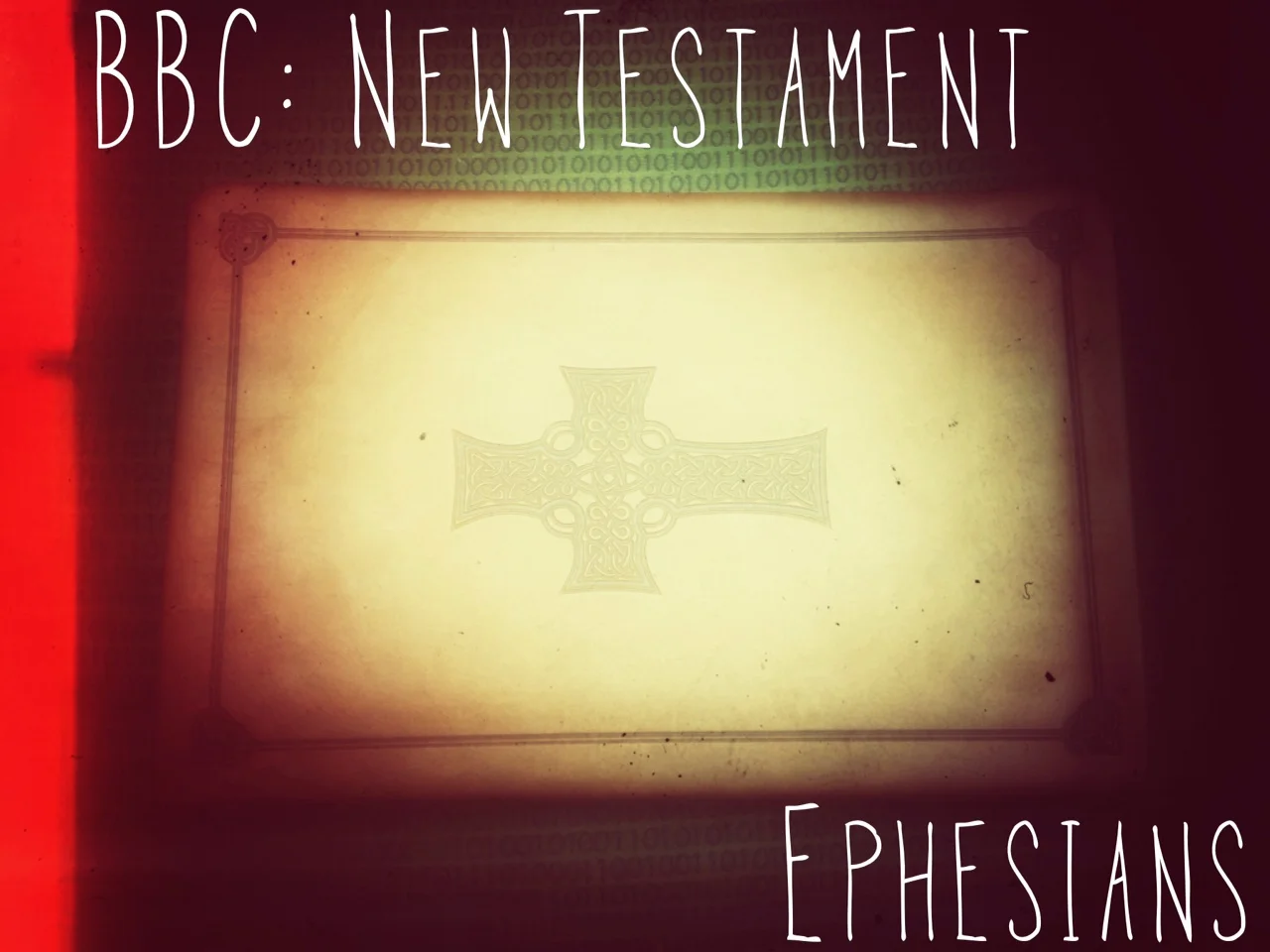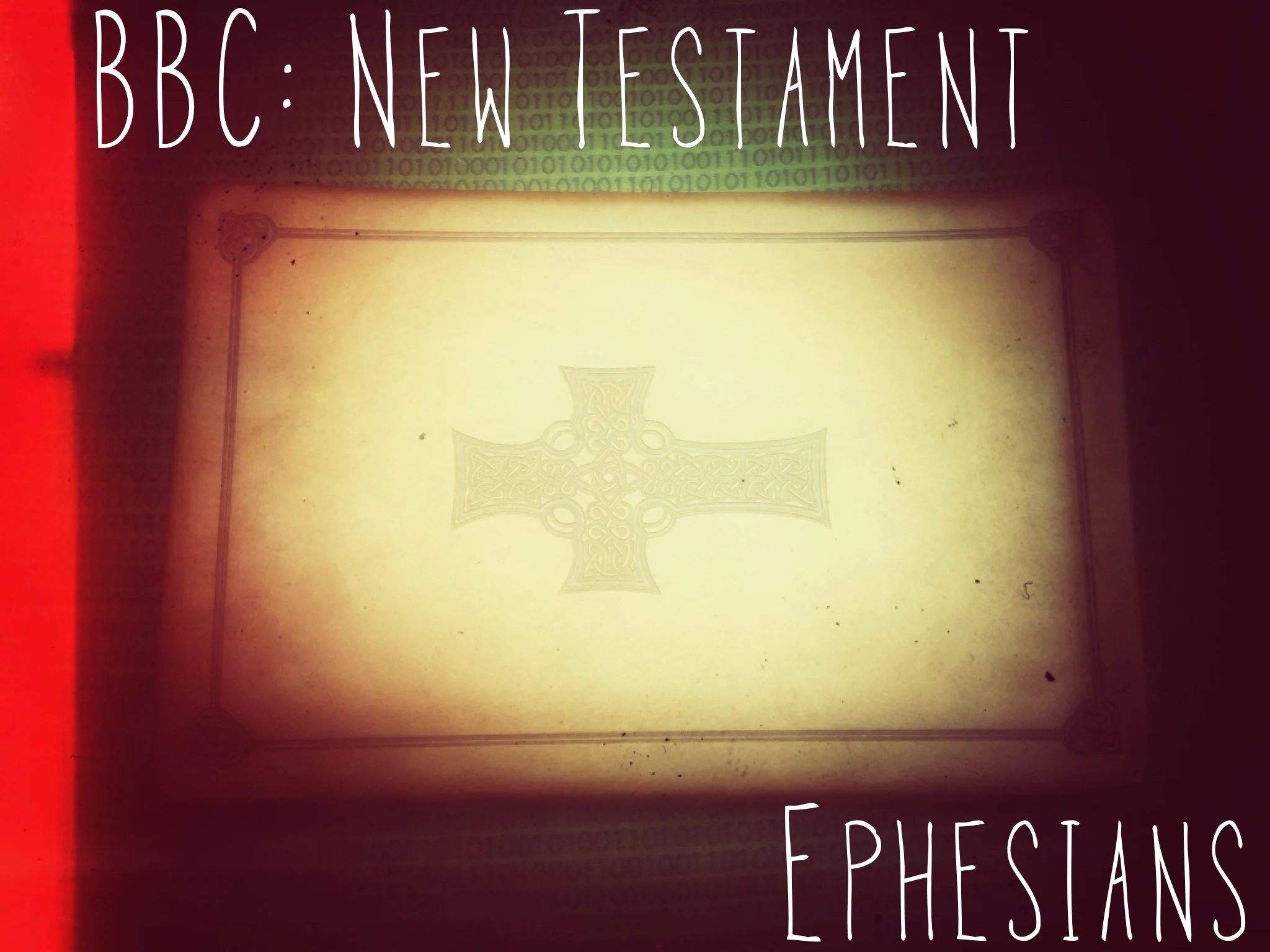The apostle Paul taught on the subject of accountability (Rom 14:12). Likewise, Peter taught on the responsibility of accountability (1 Pet 4:5). Finally the author of Hebrews affirms the requirement for accountability (Heb 4:13). The modern reader who denies responsibility for their behavior cannot reside in the New Covenant.
All in Theology
The heart that says “God has forgotten” is often encapsulated in desperate self-exaltation. This is the prohibited exaltation at the cost of others (v. 10). The imagery provided by the Psalmist does not provide relief to the modern reader. For in utilizing the imagery it doesn’t describe a strict accusation but a clear picture of the perversity of the unrighteous.
One cannot be the faithful who calls upon the Lord (v. 1) when he is crying out “there is no God” (v. 4). So how is one to determine what his heart is truly proclaiming? Inspect how they treat the poor (v. 2), proscribe their level of greed (v. 3) and analyze their pride (v. 4, 6).
Knowing these things to be true, the psalmist is able to pray that they be brought about now (v. 19). With judgment comes fear and knowledge (v. 20). For salvation to come judgment must come followed by swift repentance.
BBC: Ephesians 1:1-2
Some of the earliest texts do not include the destination “Ephesus”. Though a helpful context for the culture, it cannot be depended upon for serious exegetical difficulties. Instead the focus should be placed on who is being spoken to descriptively: the “set apart” of Christ Jesus. This is the church (1 Pet 2:5) destined for militant faithfulness.




